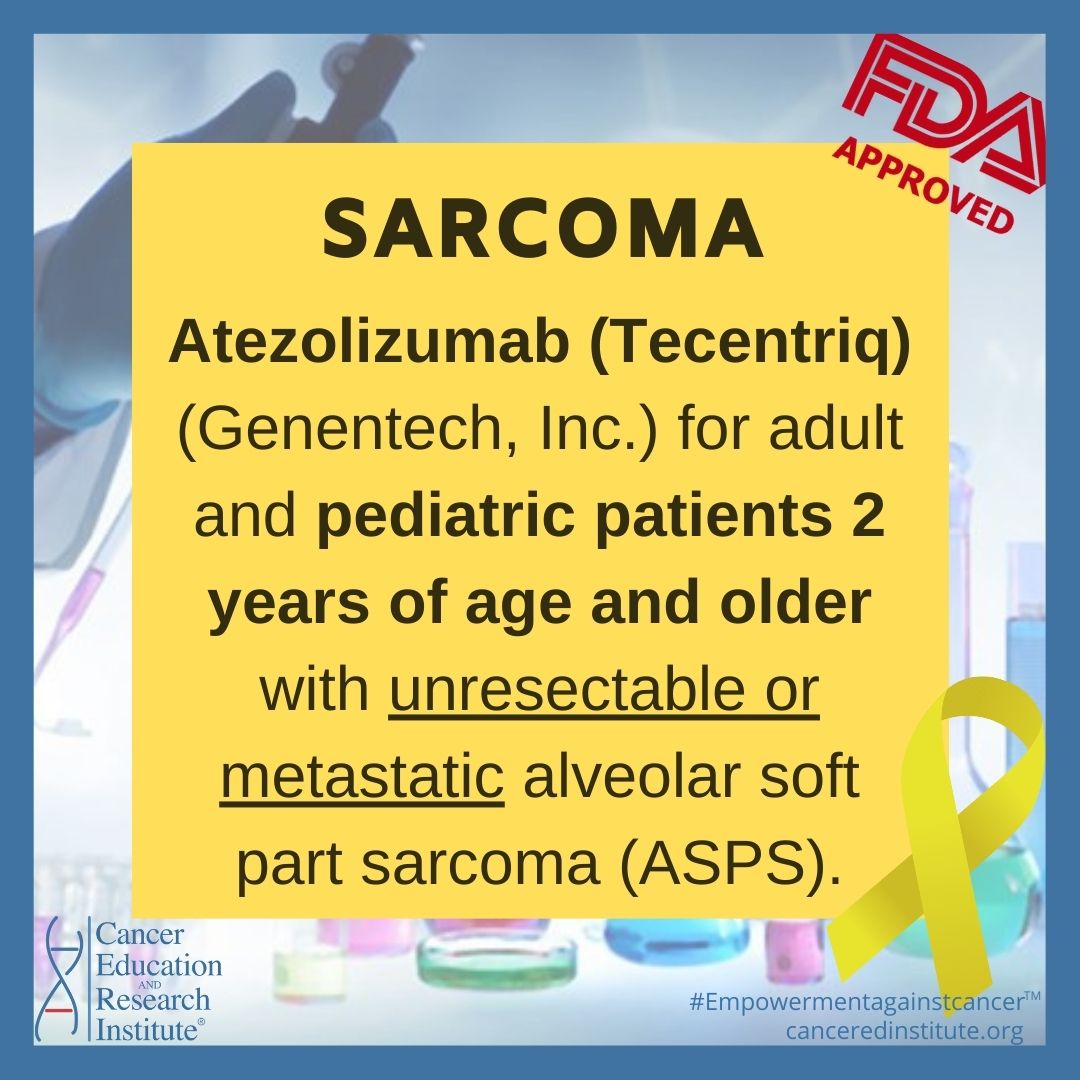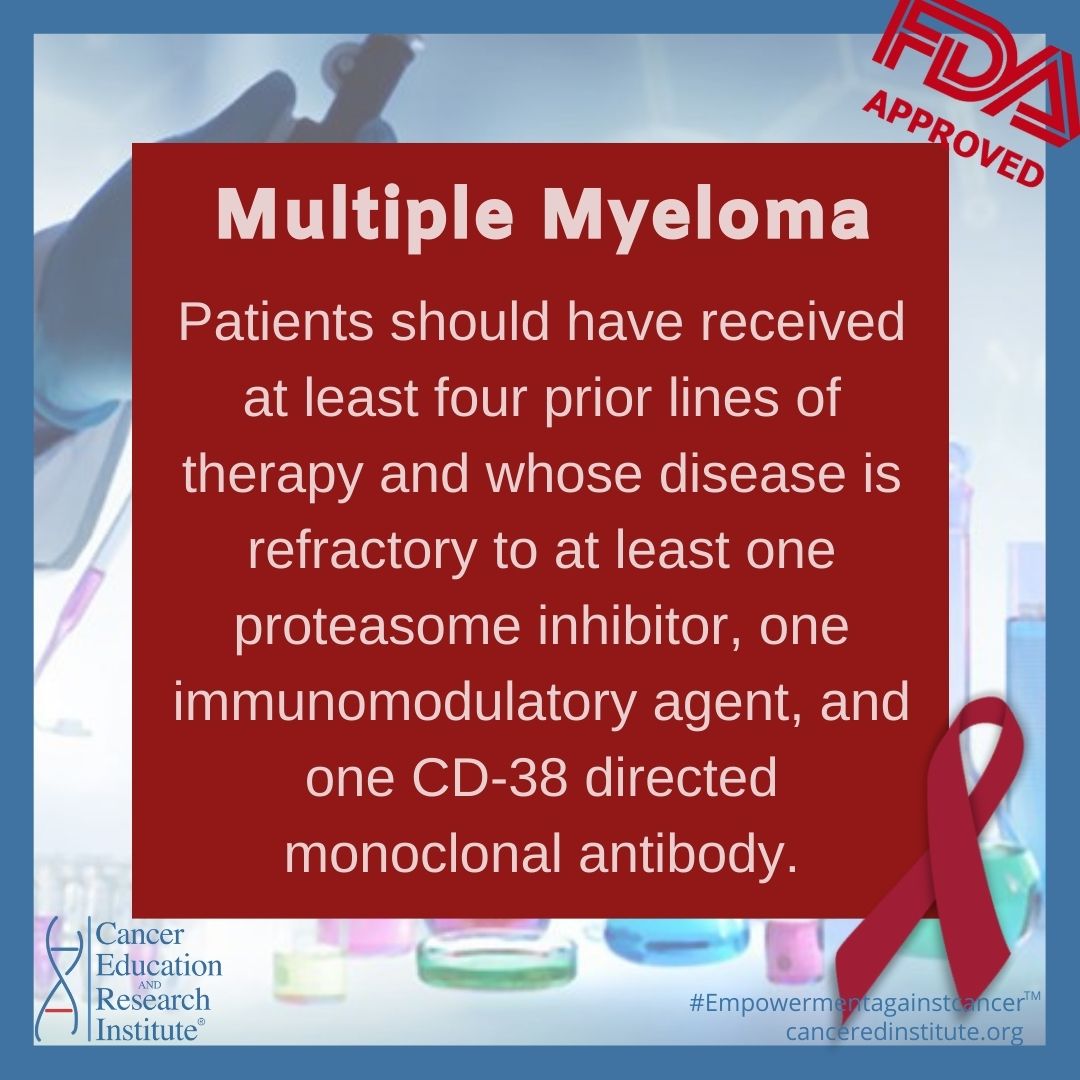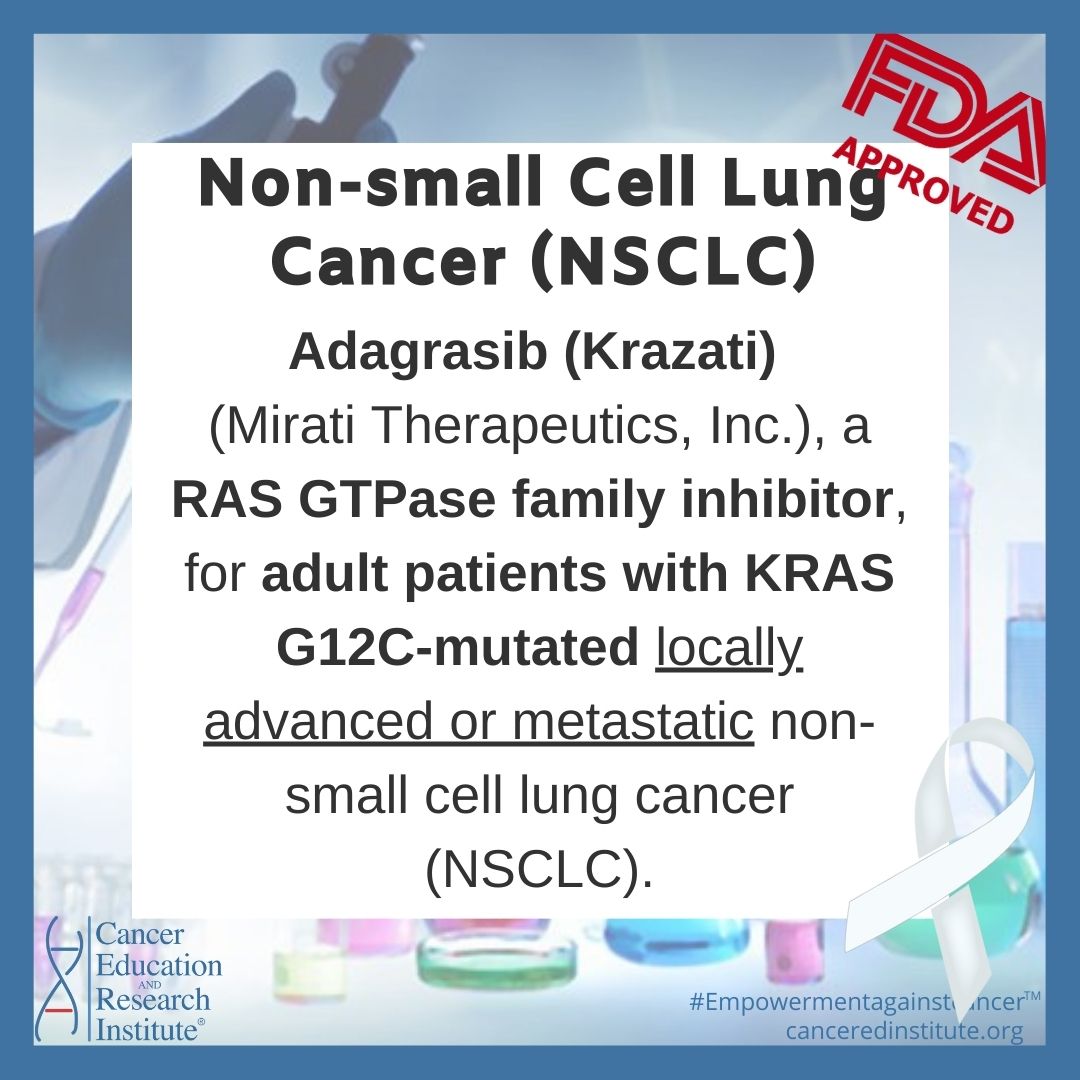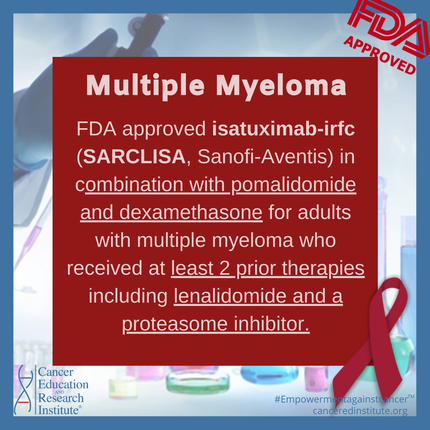Cancer Education and Research Institute (CERI)'s Cancer Education Programs
Our Team of cancer experts at Cancer Education and Research Institute® (CERI)'s, formerly Cancer Research Simplified, provides you with the most reliable, most up-to-date, and simplified cancer information available. Our educational programs quickly became trusted and highly sought after worldwide.
CERI strongly stands behind the importance of cancer patient empowerment and is a worldwide leading source for simplified, multi-language cancer education. Knowledge is power and empowerment is the key for greater treatment success, early diagnosis, as well as cancer prevention.
For any questions or requests, please submit your inquiry at our CERI Personalized Patient Program™ page.
CERI strongly stands behind the importance of cancer patient empowerment and is a worldwide leading source for simplified, multi-language cancer education. Knowledge is power and empowerment is the key for greater treatment success, early diagnosis, as well as cancer prevention.
For any questions or requests, please submit your inquiry at our CERI Personalized Patient Program™ page.
Myeloma, Multiple Myeloma Treatments
Aygün Sahin, MSc, PhD | CEO and Cancer Lead, Cancer Education and Research Institute (CERI)
FDA approved treatments for Myeloma, Multiple Myeloma
FDA approvals in 2022
- February 28, 2022: FDA approved ciltacabtagene autoleucel (Cilta-Cel) CAR-T therapy for relapsed or refractory (heavily pre-treated) multiple myeloma
Ciltacabtagene autoleucel (Cilta-Cel) is a B-cell maturation antigen (BMCA)-directed chimeric antigen receptor (CAR) T-cell therapy. Each dose is customized using a patient’s own T-cells (autologous), collected and genetically modified, and then infused back into the patient’s body.
CARVYKTI (Cilta-Cel) side effects:
CARVYKTI label carries a boxed warning for symptoms that can be fatal or life-threatening:
- Cytokine Release Syndrome (CRS)
- Hemophagocytic lymphohistiocytosis/macrophage activation syndrome (HLH/MAS)
- Immune Effector Cell-Associated Neurotoxicity Syndrome (ICANS)
- Parkinsonism and Guillain-Barré syndrome and their associated complications,
- Prolonged and/or recurrent cytopenia
The most common adverse reactions observed were:
- Pyrexia,
- Cytokine release syndrome
- Hypogammaglobulinemia
- Musculoskeletal pain
- Fatigue
- Infections
- Diarrhea
- Nausea
- Encephalopathy
- Headache
- Coagulopathy
- Constipation
- Vomiting
Study details:
The clinical trial, CARTITUDE-1 (NCT03548207), was an open label, multicenter clinical trial evaluating Cilta-Cel in 97 patients (!) with relapsed or refractory multiple myeloma who received at least three prior lines of therapy and who had disease progression on or after the last chemotherapy regimen. These therapies include:
- Proteasome inhibitor (PI)
- An immunomodulatory agent (IMiD)
- An anti-CD38 monoclonal antibody,
Eighty-two (82%) of the patients in the study had received four or more prior lines of anti-myeloma therapy.
Patients received ciltacabtagene autoleucel within the range of 0.5‑1.0×106 CAR-positive viable T cells per kg body weight.
Study results:
- The overall response rate (ORR): 97.9% (95% CI: 92.7%, 99.7).
- The median duration of response (DOR): 95 patients responded to the therapy. The DOR was 21.8 months (95% CI: 21.8, NE) with a median duration of follow up of 18 months.
CARVYKTI (Cilta-Cel) dose recommendation:
0.5-1.0×106 CAR-positive viable T-cells per kg of body weight, with a maximum dose of 1×108 CAR-positive viable T-cells per single infusion.
CARVYKTI (Cilta-Cel) approval requirements:
- CARVYKTI is approved with a risk evaluation and mitigation strategy requiring that hospitals and their associated clinics that dispense the therapy must be specially certified to recognize and manage CRS and nervous system toxicities.
- To evaluate long-term safety, the FDA is requiring the manufacturer to conduct a post-marketing observational study involving patients treated with Cilta-Cel.
FDA approvals in 2021
- February 26, 2021: FDA granted accelerated approval to melphalan flufenamide for relapsed or refractory multiple myeloma
Efficacy was evaluated in HORIZON (NCT02963493), a multicenter, single-arm trial.
FDA approvals in 2020
- August 5, 2020: FDA granted accelerated approval to belantamab mafodotin-blmf for multiple myeloma
Belantamab mafodotin-blmf was evaluated in DREAMM-2 (NCT 03525678), an open-label, multicenter trial.
- March 2, 2020: FDA approved isatuximab-irfc for multiple myeloma
The Food and Drug Administration (FDA) approved isatuximab-irfc (SARCLISA, sanofi-aventis) in combination with pomalidomide and dexamethasone for adults with multiple myeloma who received at least 2 prior therapies including lenalidomide and a proteasome inhibitor.
#multiplemyeloma #myeloma #fdaapproved #fda #fdaapproval #today #isatuximab #isatuximabirfc #pomalidomide #dexamethasone #lenalidomide #proteasome #proteasomeinhibitor #sanofi #sanofiaventis
Resources:
- https://www.fda.gov/drugs/drug-approvals-and-databases/fda-grants-accelerated-approval-melphalan-flufenamide-relapsed-or-refractory-multiple-myeloma (accessed on March 1, 2021)
- https://www.fda.gov/drugs/drug-approvals-and-databases/fda-granted-accelerated-approval-belantamab-mafodotin-blmf-multiple-myeloma (accessed on March 1, 2021)
- https://www.fda.gov/drugs/development-approval-process-drugs/fda-approves-isatuximab-irfc-multiple-myeloma (accessed on March 2, 2020)
- https://www.fda.gov/drugs/resources-information-approved-drugs/fda-approves-ciltacabtagene-autoleucel-relapsed-or-refractory-multiple-myeloma?s=09 (accessed on March 2, 2022)
- https://www.fda.gov/media/156560/download (accessed on March 2, 2022)
Click here to learn everything you need to know about Myeloma, Multiple Myeloma
You might also like:
|
|
|
|
|
|
Disclaimer: We can not assume responsibility of misinterpretation of content.














